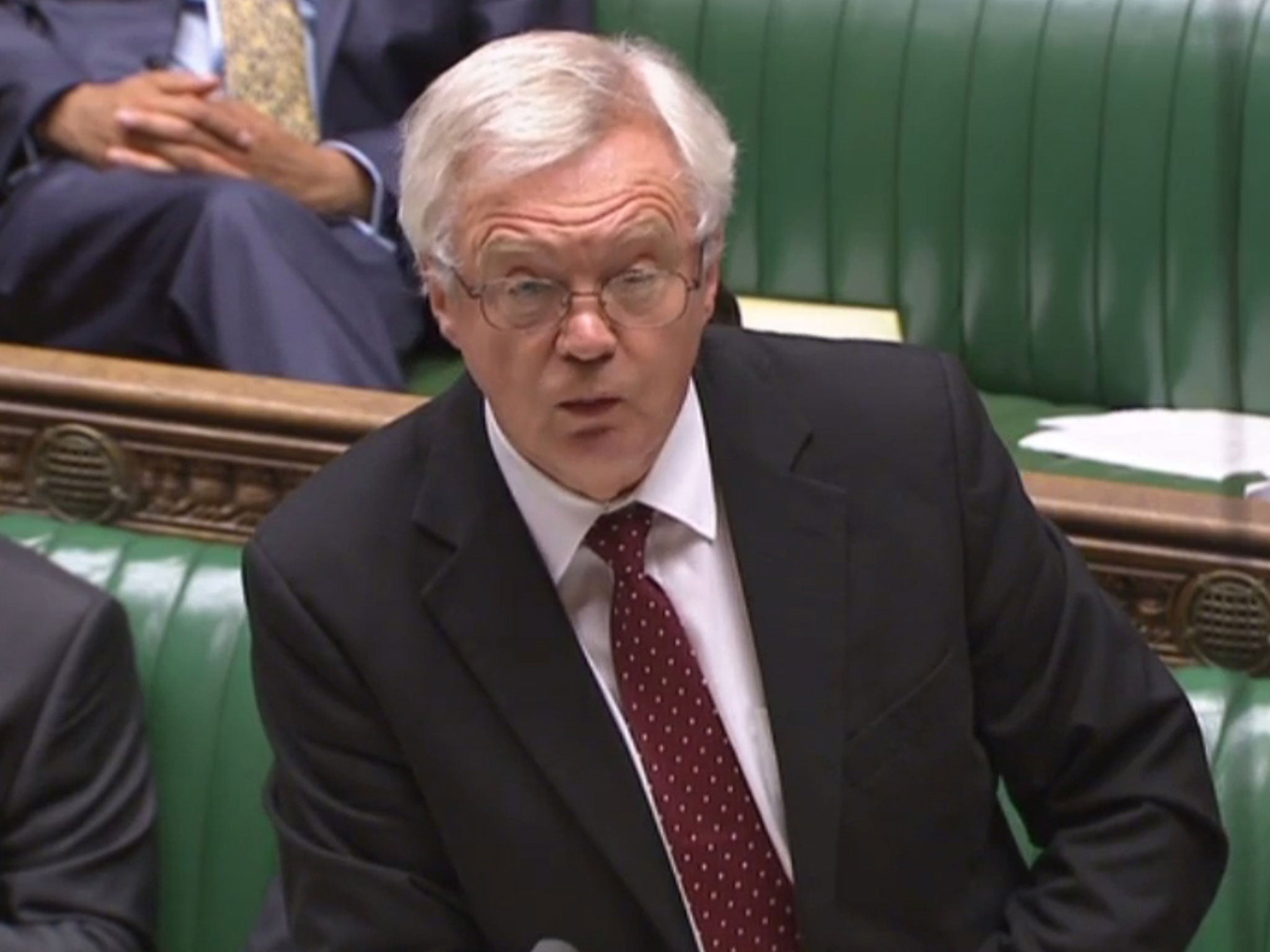The 'Great' Repeal Bill deserves to fail
As is becoming increasingly clear, the real consequences of leaving the EU are turning out to be radically different to those vaguely supposed during the referendum campaign

The so-called ‘Great’ Repeal Bill, or EU (Withdrawal) Bill, to give it its correct name, passes its initial stage in Parliament as a formality. The First Reading over, however, this deeply unsatisfactory of legislation will face much greater challenges in the weeks and months ahead. It deserves to fail.
There has been no more ambitious exercise in lawmaking, and unmaking, in British history. For the bill seeks to unwind almost five decades of European law and rule making, transferring them into domestic British law, in effect unchanged, at least for the time being. In doing so it will be necessary to centralise many powers usually exercised by the Lords and Commons to ministers under so-called Henry VIII clauses. Some of these will be innocuous, for example replacing references to European rules and agencies with their British equivalents. Some, however, may prove more substantial, though it is difficult to see which because of the vastness of the European legal brambles that have overgrown British law since 1973. The likelihood is that there will be some measures in there that will be both vital and controversial.
It is right that Parliament should want to “take back control” of these from ministers who are now trying to grab them – and to escape democratic accountability. That is why Labour, the SNP and the Liberal Democrats, among others, are justified in seeking to amend or defeat the legislation. It is not simply a matter of “frustrating the will of the people”, though they would be perfectly within their constitutional rights to do so.
As the bill grinds its way through committee stages and other readings there will be many opportunities for sensibly minded Conservatives as well to vote with their consciences and improve the bill. True, some Labour rebels will go the other way, and the Government will of course be able to rely, much of the time, on the Democratic Unionist Party, but as with the European Communities Act of 1972, and the process of ratifying the Maastricht Treaty from 1992, that there will many close shaves and upsets along the way. It is possible that some votes may be tied, in which case the Speaker will be faced with quite a dilemma. Those who worry that MPs don’t do much for their taxpayer-funded salaries will rest assured that our politicians will be busier than ever at Westminster.
The most important piece of legislation that will be repealed is the original 1972 act, which gave legal effect to Britain’s membership of the forerunners of the European Union, and set EU law above British law for the purposes of polling sovereignty. All that is about to go, and with it Britain's membership of the EU. However, the bill, if it does become an act, will only take effect once Britain does leave the EU in March 2019. Until then it is in suspended animation.
This, then, presents an opportunity. As is becoming increasingly clear, the real consequences of leaving the EU are turning out to be radically different to those vaguely supposed during the referendum campaign. Jobs, investment and prosperity are already being placed in jeopardy. As leaked Home Office documents show, the regime for even skilled workers now settled in Britain is likely to be harsh. Even if any that was not so, though, the British people have a democratic right to have the final say on whatever the Brexit package turns out to be – including the final form of the EU (Withdrawal) Act. The strange truth in all of this is that there is in fact no majority in the Commons, still less in the House of Lords, for leaving the EU. Given that Parliament has decided to abrogate its responsibilities, however, taking the referendum device as the final arbiter of the public will, and then they are obliged to do so again on the terms of exit. Perhaps a general election will be held before then; perhaps the EU (Withdrawal) Bill will fall victim to some parliamentary accident. Such are the insuperable practical difficulties to actually leaving the EU that the attempt in the Brexit negotiations and in legislation to make sense of nonsense will ultimately fail.
Brexit, in other words, may not happen. The Great Repeal Bill may one day itself have to be repealed.

Join our commenting forum
Join thought-provoking conversations, follow other Independent readers and see their replies